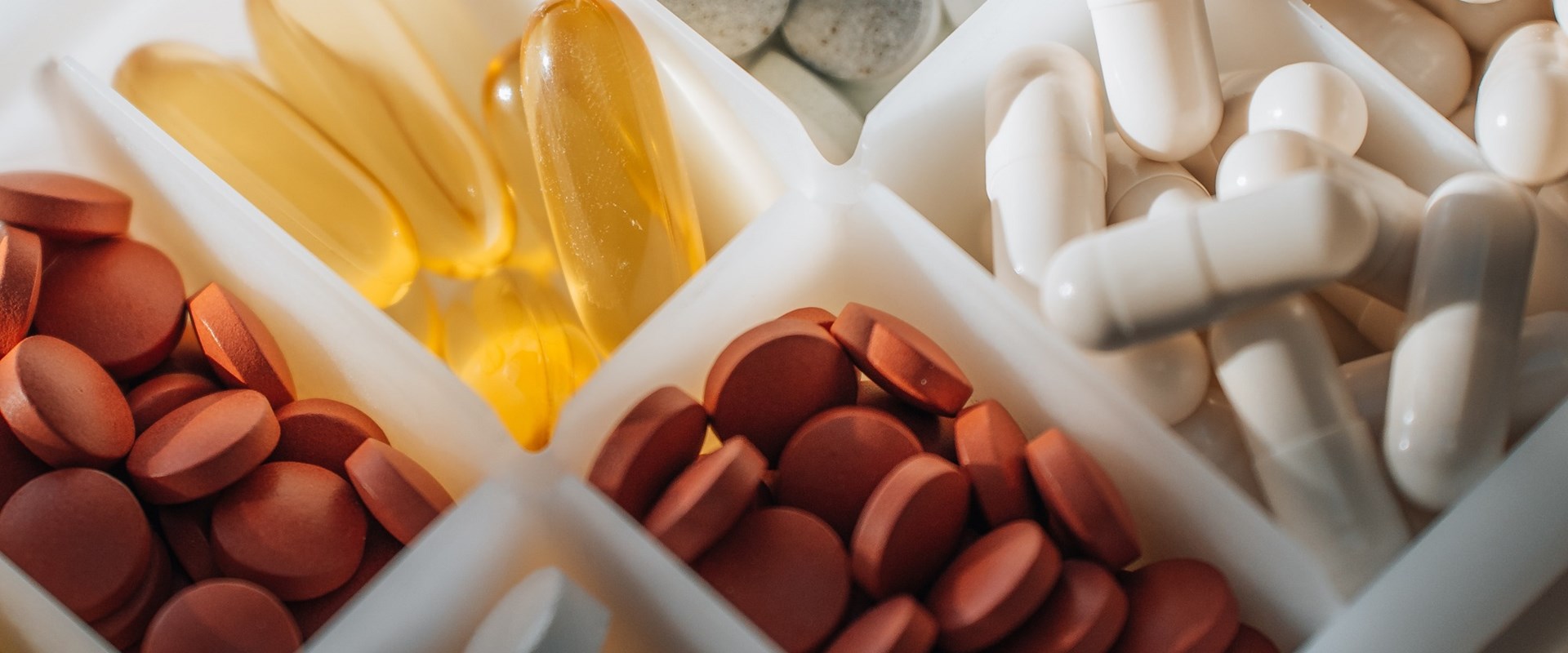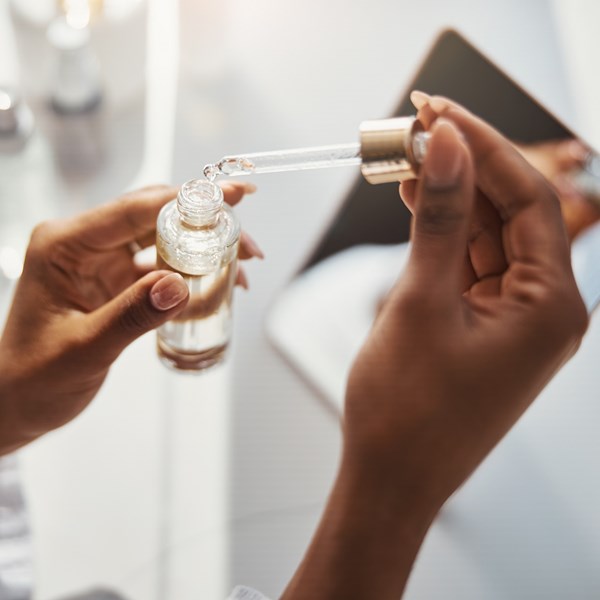In April this year, the European Commission submitted its proposals for revisions to the EU’s pharmaceutical legislation governing the authorisation of medicinal products.
Under the new proposals, a new EU directive and regulation, repealing and amending existing legislation,[1] would be introduced, with the primary aim of improving access to medicines across the EU while balancing this against the need to provide incentives for innovation, particularly in relation to unmet medical needs. If adopted, this new legislation would lead to the most significant reform in European pharmaceutical legislation in over 20 years.
The proposed legislation would introduce a wide range of changes across different aspects of pharmaceutical law, including data and marketing exclusivities, orphan drug legislation, the Bolar exemption and the rules governing combination products and drug-medical device combinations.
In particular, the proposals would lead to significant changes to the periods of data protection and marketing protection awarded to new medicinal products.
GENERAL REGULATORY EXCLUSIVITIES
The current regime: “8+2+1”
Under the current rules, new medicinal products are awarded an eight-year period of data protection, during which the MA-holder has exclusive rights to the clinical and preclinical data for the approved product, followed by two years of marketing protection during which third parties may use the data to support an application for their competitor products and such applications may be approved, but the product may not be placed on the market. Collectively, these data protection and marketing protection periods provide a 10-year period during which generic competition is unable to enter the market.
A further one-year of marketing protection (8+2+1) is available if, during the first eight years after approval, the MA holder obtains authorisation for at least one additional indication, and the new product provides a significant clinical benefit compared to existing treatments for the new indication.
The proposed regime
Under the new proposals, the standard period of data protection is reduced from eight to six years, but this may be extended by up to four years if particular criteria are fulfilled. The additional period of marketing protection will remain as two years following the expiry of the data protection period. The proposed introduction of this shorter baseline period combined with possible additional periods of data protection is intended to provide a cost-effective way to achieve the objective of improved access, while remaining competitive with the exclusivity periods offered in other regions.
Extensions to the period of data protection would be awarded in one or more of the following circumstances:
- An additional two years of data protection are available if the new product is released and continuously supplied in sufficient quantities to satisfy the need in all EU Member States in which the MA is valid, within two years from the date of the MA. For SMEs, not-for-profit entities and undertakings that have received five or fewer centralised MAs in the EU, the period for launch is extended to three years.
- An additional six months of data protection are available if, at the time of the initial MA application, the medicinal product addresses an unmet medical need. In this context, an unmet medical need is considered to be a life threatening or severely debilitating disease for which there is either no medicinal product authorised in the EU or, despite the existence of authorised medicinal products, the indication remains associated with high morbidity or mortality. To be considered to address such a need, the new medicinal product must result in a meaningful reduction in morbidity or mortality for the relevant patient group.
- An additional six months of data protection are available if, for medicinal products containing a new active substance, the clinical trials supporting the initial MA application use an evidence-based comparator in accordance with scientific advice provided by the EMA.
- An additional year of data protection is available if, during the data protection period following authorisation, the MA holder receives an authorisation for an additional therapeutic indication for which there is a significant clinical benefit in comparison with existing therapies. This replaces the additional year of marketing protection available under the current regime.
In principle, all of these extensions may be awarded to a new drug, and so could result in a total exclusivity period of 12 years (10 years’ data protection + two years’ market protection).
Accordingly, while the proposals would reduce the minimum regulatory exclusivity period by two years, a comparable or even improved period of exclusivity period may be available for some applicants. However, prominent industry stakeholders have expressed concerns that the proposals would not achieve the stated goal of improving access to medicines, while also undermining European research and development and competitiveness. In particular, the reduction of the standard data protection period by two years unless the medicine is available in all member states within two years has been criticised, as launching the product across the EU within two years is likely to be difficult to achieve.
A summary of the current and proposed regimes is shown below.
ORPHAN DRUGS
Medicinal products may be designated as orphan medicinal products if they are approved for the treatment of a rare and life-threatening or chronically debilitating condition and: the condition affects no more than five in 10 000 people in the EU; and no satisfactory medication has been approved in the EU, or, if medications have been approved, the medicinal product would be of significant benefit to patients.
Under the proposed new legislation, the current 10-year period of market exclusivity awarded to orphan drugs (which runs in parallel to with the standard data exclusivity and marketing protection periods) will be reduced to nine years. However, a 10-year period of market exclusivity will remain available to orphan drugs addressing a high unmet medical need. Well-established drugs that obtain an MA for an orphan indication based on bibliographic data (without providing specific clinical trial results) will be awarded a five-year period of market exclusivity.
The nine and 10-year periods of orphan market exclusivity may also be extended by one year for each of the following that apply:
- The new product is released and continuously supplied in sufficient quantities to satisfy the need in all EU member states in which the MA is valid, within two years from the date of the MA (or within three years for SMEs, etc., similar to the data protection period extension discussed above).
- At least two years before the expiry of the orphan exclusivity period, the orphan MA holder obtains an MA for one or more further therapeutic indications for a different orphan condition. This additional year may be awarded twice if approval is achieved for indications for two different orphan conditions.
However, it will not be possible to obtain both an extension to orphan market exclusivity for approval in further orphan indications and the additional year’s data protection awarded for approval for a new therapeutic indication as discussed above.
REPURPOSED DRUGS
The proposed new Directive also allows for repurposed drugs to benefit from a four-year period of data protection. However, this will only be awarded under a relatively narrow set of circumstances. It will be necessary to demonstrate that the medicinal product is of significant clinical benefit in the new indication, and either the medicinal product must have not previously benefitted from data protection in the EU, or 25 years must have passed since the initial MA for the product was granted. This data protection period will also only be available once for any given medicinal product.
FINAL THOUGHTS
The proposals from the European Commission will be discussed by the EU Parliament and the Council, so it is not certain when and in what form the new legislation will be adopted. Nevertheless, the proposals represent significant changes to regulatory exclusivities in Europe that could have a considerable impact on the exclusivity periods for a new drug. It will therefore be necessary for innovators to keep abreast of potential changes and review their exclusivity strategies, including patent protection, SPCs and the regulatory exclusivities as the situation develops.
[1] The proposed EU Directive would repeal Directive 2001/83/EC and Directive 2009/35/EC, and the proposed EU Regulation would amend Regulations (EC) 1394/2007 and (EU) 536/2014, and repeal Regulations (EC) 726/2004, (EC) 141/2000 and (EC) 1901/2006.






